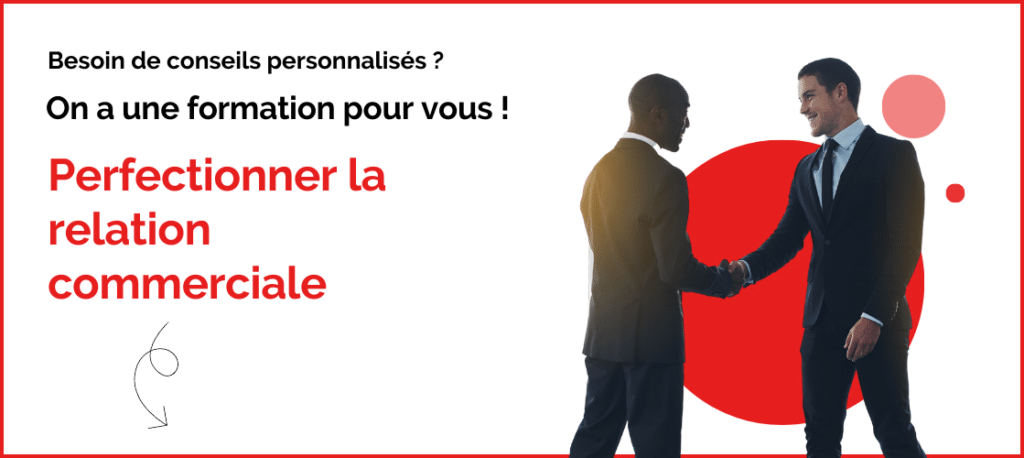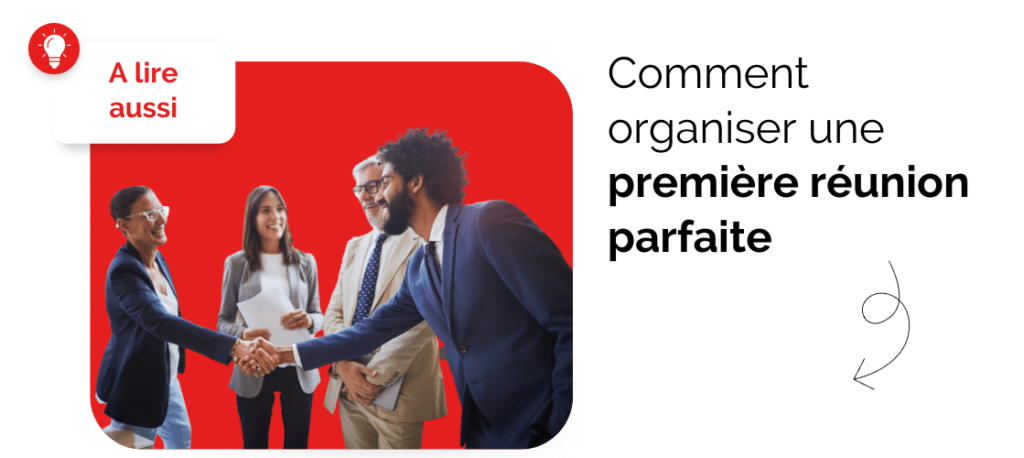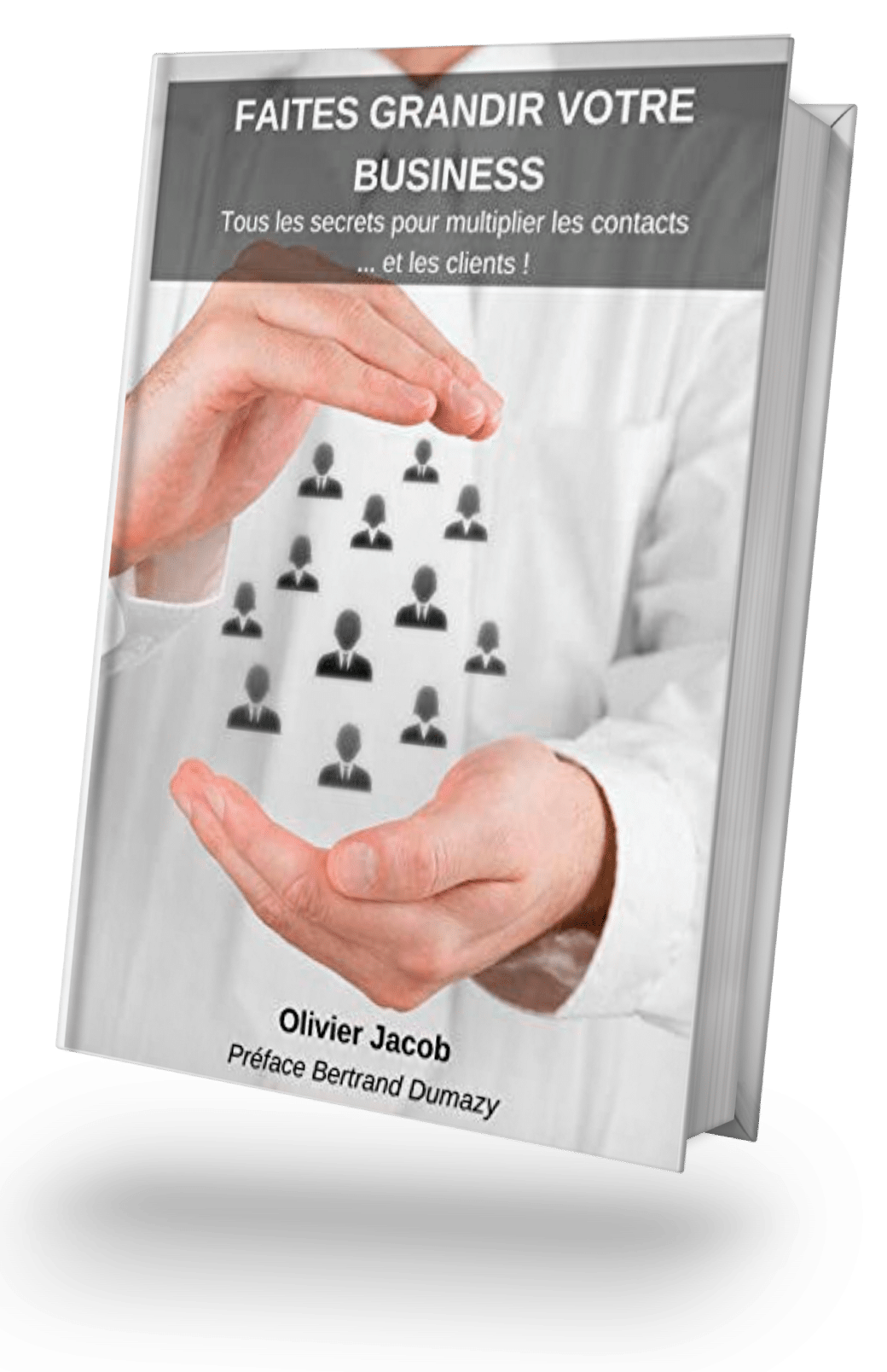By Andrew Sobel and Olivier Jacob
There are invisible laws but powerful that determine the success or failure of customer relationships. Just as an airplane must respect the laws of physics in order to fly, your strategies and behaviors must be aligned with the laws of physics. Relationship laws if you want to sell effectively and build long-term customer relationships.
If you follow these Relationship Laws, your network will grow rapidly. Prospects will become enthusiastic buyers. Customers will see you as a trusted partner rather than a cost to be managed. And you'll find the people around you happy to help you succeed. When you ignore the laws, however, it's like trying to swim against the tide. Building the relationship will seem like very hard work - and even sterile.
Let's take a look at six of the Relationship Laws which, if used correctly, can help you enormously improve your effectiveness with prospects and customers.
The forgotten ingredients of sales
A senior account manager I know was leaving a meeting one day with his client, the CEO. The CEO's assistant stopped him and pulled him aside. In a low voice, she told him, "My boss confessed that he sees these PowerPoint slides as the 'price' he has to pay to have a good conversation with you." Her revelation underscored the fact that we focus too much on presenting, pitching, cajoling and impressing. We sometimes knock out our customers with analysis and reams of paper.
What most leaders really want is to have a vibrant conversation that helps improve their understanding of the problem being discussed and possible solutions. The first law addresses this underlying need:
Powerful relationships are based on great conversations, not on one person showing the other everything they know.
To use this law to your advantage, you need to stop defining your customer interaction as a sale, a presentation of your credentials, or an operational update on progress. Instead, reframe every meeting by asking the question, "How can I create a great conversation? "
How would you rate the quality of your customer conversations right now? For example, are your conversations helping your prospects :
- Improve their understanding of challenges?
- Learn about the impact of major trends on their business?
- To better understand how they can capture growth opportunities?
- To become energetic and enthusiastic about working with you and your company?
- Reaching out and wanting to know more?
Follow the First Law and master your need to impress others. Improve your conversations and you will strengthen your relationships dramatically.
The best way to meet CEOs
One of my clients was promoted to a very senior position in a major US top 100 company. She had been the deputy in her field, and was now at the top. She told me that the day her promotion was announced in the newspapers, she received dozens of calls from suppliers wanting to do business with her. "Do you know what I told them all?" she told me. "I asked them, very politely, 'Where were you five years ago?'"
Many professionals ask me, "How can I build more relationships with CEOs and other leaders?" THE best answer is the third law of relationships:

Follow the person, not the position
Build relationships with smart, motivated, interesting and ambitious people, even if they don't have a big job right now. Follow them throughout their careers.
The truly great people - those at the top of their careers in whatever field - have brought their advisors with them over the years. While it's not impossible to break into someone's inner circle after they've achieved great success, it's not an easy task either.
Use the third law and your work will become much easier. Start by making a list of people you know who are not yet at the pinnacle of their success or position. Choose people who are passionate, motivated and talented. Do you know their agenda? How can you help them achieve their goals? Keep in touch as they progress from job to job.
The power of curiosity
How do you get a prospect's attention? Simple: you arouse their curiosity - their desire to know more. But it has to be a substantial curiosity, not a manipulated one.
I once found myself on the other side of the world, with five minutes to convince a skeptical CEO that his company should hire me. At that moment, Law Eighteen became my best friend. It's very simple but powerful: Make them curious. With only five minutes to spare, I had to throw the traditional sales process out the window (i.e. "ask good questions", "establish your credibility", "understand their needs") and instead create a strong desire on the CEO's part to engage with me - to find out more.
When you arouse curiosity you create a gravitational pull towards yourself that is irresistible. Curiosity helps you get more of everything: more inquiries, more sales, more success in getting appointments with senior clients. AND yes, it works in your professional life too. If you're good at arousing curiosity, it can get you more dates if you're single and more RSVPs for your party!
You create curiosity by showing just a little bit of the shine of the gold you offer to your customers. Say the unexpected. Surprise the other person with your candid answer to a difficult question. Shake up their thoughts by showing them an aspect of their problem they hadn't considered.
You attract others when you tell them what they need to know, not everything you know. Give brief answers to questions. Suggest things. Don't give a prospect a ten-minute speech when they ask you to describe your company. Develop contrarian or unusual perspectives. Be seen as someone with refreshing points of view.
Also, ask provocative questions that no one else is asking. When everyone else is telling your customer how to do something, you should ask them why they want to do it. With my CEO prospect, I took the first two minutes to mention several important risks his people hadn't considered, and an opportunity I thought they were missing. This made the CEO sit up straight. The meeting stretched to 15 minutes, and I got the sale.
How to make sure
One of my clients in the energy supply industry had been locked out of a major account for years. He was selling what many describe as a "commodity" - that is, a uniform product you can get from many suppliers at a set market price.
My client had been told that it was absolutely impossible for him to have a share of the account business - that the company was already well served. He refused to accept this, and continued to call them. During this time he continued to make a series of suggestions on how to use my client's product more effectively and improve their productivity. He shared private market information. He learned the key priorities of the executives he called, and helped each of them in a modest way.
After a year, the account manager says, "We're going to give you an order. We didn't plan this. But for a year you've treated us like a customer, even though you haven't made a cent from our relationship. You give us better service than our existing suppliers. You've earned that." It then became one of my client's biggest relationships.
This story illustrates a powerful relationship-building strategy: act as if the future relationship you want is already in place. Give a potential prospect the same attention and love you would lavish on an existing customer.
In Power Relations we call the law fifteen: Treat a prospect as a customer, and there's a good chance they will become one.
By the way, do you want to have a great relationship with a friend or family member? Use this law. Pretend that you already have that loving relationship you desire. You will be generous, kind and patient, and you will take the other person with you.

The power of powerful questions
The winner of the Nobel Prize for Literature in 1988, Naguib Mafouz, put it this way: "You can tell if a man is intelligent by his answers. You can tell if a man is wise by his questions." Answers are important. But if you want to create the right conversations that build powerful relationships, you need to become adept at asking intellectually stimulating questions.
Consider asking questions that:
- Access emotions, not just analytical thinking ("What excites you most about what you're doing right now in your business?" vs. "What are your top three priorities?")
- Get the other person's opinion ("What do you think?")
- Engage the other person in the solution ("What options are you considering? What do you think is the best solution?)
- Focus the conversation on the right topics ("What was the most important thing we discussed this morning?", "What would be the most valuable use of our time?").
- Discover the other person's agenda of key priorities ("what are the most important things you'll be assessed on this year?")
- Access the other person's highest goals and aspirations ("Why do you want to do this?" or "What are the business objectives that motivate this?")
- Challenging ("Do you think 10% is enough? We've had other customers get well over 20%...")
- Help establish your own credibility ("Many of my customers are facing two major problems right now... What was your reaction?")
- Explore who the other person is and how they became who they are ("I'm curious, how did you get started?")
Are you a profit or a cost to your customers?
Think about it: If your plumber calls you up and suggests that we have lunch together to discuss the latest joint welding techniques, you'll probably decline. And, even if you'd like to, if another plumber offered to do an important job for much less, you might well accept.
But what if your doctor called? "I have your test results, and you should come in and discuss them. I have some important suggestions for you about your diet and lifestyle." I think your answer would be,"When can you see me? "
The twenty-two law of relationships sums it up in terms of your work with your customers: Become part of your customer's growth and profits, and they'll never get enough of you . The flip side of this law is that if customers see you as a cost to be managed, they'll cut you out at any moment.
When there is a downturn, or when clients are under financial pressure, they focus on reducing discretionary spending. But they won't cut an investment that has proven to help grow revenue or increase profits. And you should be such an investment.
When working with customers, you need to make it clear that your work supports their growth and profits. A customer can replace an "expert for hire" at any time - perhaps with a cheaper expert. But a supplier who is seen to support the customer's most essential programs is not easily replaceable. Its cost is put into perspective by a much larger set of benefits.
This law doesn't just apply to customer relations. For example, if your boss sees you as directly helping him to achieve his most important priorities for the year, then you'll be considered indispensable.
To be seen as a part of growth and profits, you need to show how your products and services help your customer achieve their top-priority goals. A good start is a simple question: "How will you be evaluated at the end of the year?" Then you ask a second, related question: "How do your individual objectives support the company's overall strategy and key priorities for this year?"
Exploit these laws of relationships. Align yourself with them, and you'll find that selling and building relationships are much easier. It's the difference between trying to fight the current and letting yourself be carried along by it.





